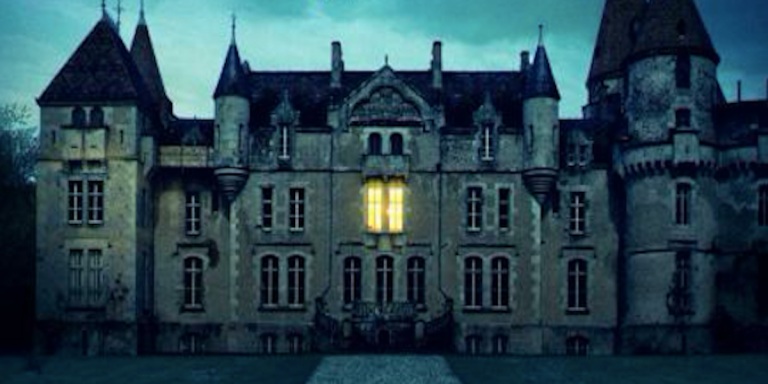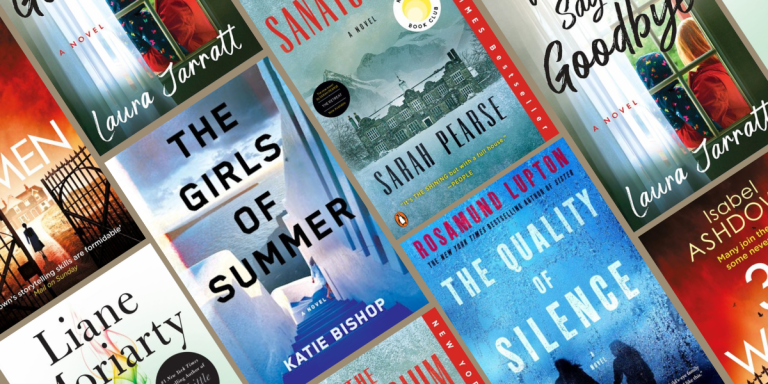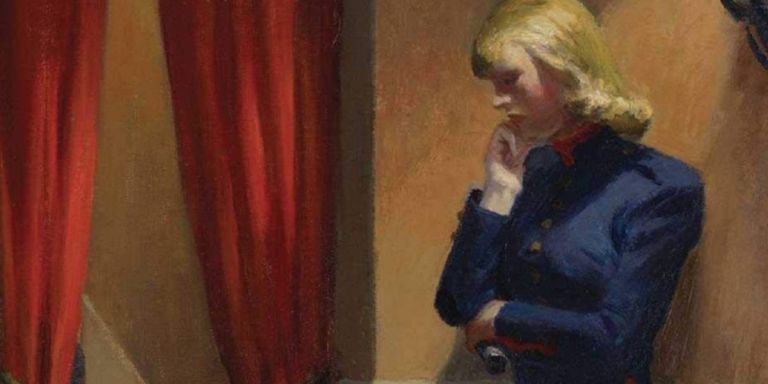Why Mothers Make the Best Detectives

When I was growing up, 99% of the detectives I read were men. Whether they were elegant or clumsy, unshaven or the owners of a notorious mustache, the Y chromosome was clearly essential for the job. But when I finished reading and returned to my everyday life, it was evident that the ultimate detective was standing in the kitchen, cooking dinner. My mother was the best detective I’ve ever known. She could make Sherlock Holmes get down on his knees and wipe the floor if she only had the time. Of course, she never had the time, since she was a woman trying to balance a career and a family. Still, I am more convinced than ever that mothers excel in the five qualities that make the best detectives in our favorite books, television shows, and movies.
Intuition. Detective fiction is full of somewhat mystical moments, in which the detective senses that there’s something wrong. He smells something, or even better, he “feels in his body” when something “is just not right.” Well, mothers do this all the time, just without the fanfare. They know when you’re down even when you try to hide it, and they’ll get right in your face even when you wish they’d just let you be. Detectives use their intuition to solve murder mysteries. Mothers use their intuition to solve the biggest mystery in our lives: our own children.
Razor-sharp memory. Detectives are known to pay attention to the smallest details. Well, so do moms. My best friend is the mother of three young boys. She knows their daily routines by heart. In fact, she lives their daily routine: which class is when and where, tomorrow’s homework, next week’s assignment, which one of the boys hates peanut butter in his sandwich, which one refuses to go so school without peanut butter in his sandwich, who loves to listen to which music, who hit whom, and what exactly was the punishment. In detective fiction, the small details combine into the bigger picture. In motherhood, the small details combine into the daily labor of love.
Ruthlessness. The detective’s quest for knowledge is often brutal. No matter how many obstacles he encounters on his way, a true detective never gives up. Well, an old joke says that the only difference between a Jewish mother and a bull terrier is that the dog will eventually let go. Anyone who has listened to a typical dinner-time conversation about college admissions knows that mothers can be just as ruthless as hard-boiled detectives.
Self-destruction. A classic ingredient in most detective stories. Most detectives are so focused on their job that they they’re willing to risk everything else, including their own lives. Sadly enough, this description fits many mothers I know. One of my patients described the emptiness she felt after her youngest child moved out of the house: “I’ve been chasing the kids around for so many years that now, when it’s over, I don’t know who I am anymore.” For a top detective, we can just substitute the word “kids” with “criminals.”
Blind Spots. Irony is a key element in detective fiction. The investigator is known for his sharp eye and penetrating gaze. Yet there’s something he’s bound to miss, not because he’s a bad detective, but because he is human, and as much as he wants to know the truth, he also wants to avoid it. Mothers may think they want to know everything about their children. But do they really? Could it be that a mother prefers to remain blind to certain elements in her child’s character in order to keep loving him blindly, the way she believes a mother should?
As a mother, it’s sometime shocking to realize that you can spend so much time with your kids and still know nothing about what’s going on inside their minds. It makes one feel like a stranger in one’s own home.
Three years ago, I told my mother what my next novel was going to be about. I hate talking about my novels before they’re done, but this time I had no other choice—my mother was dying of cancer, and we both knew she wouldn’t be around for the publication. The Wolf Hunt tells the story of a mother who starts to suspect that her son was involved in the death of his classmate. She becomes a sort of detective, and the mystery she is trying to solve is her own child. When I told my mom this, she smiled and said that perhaps every mother has a detective in her. Every mother looks at her teenager as if he were a riddle that she is trying to solve.
I write this piece in her memory.
Discover the Book
Lilach has it all: a beautiful home in the heart of Silicon Valley, a successful husband and stable marriage, and a teenage son, Adam, with whom she has always felt a particular closeness. Israeli immigrants, the family has now lived in the U.S. long enough that they consider it home. But after a brutal attack on a local synagogue shakes their sense of safety, Adam enrolls in a self-defense class taught by a former Israeli Special Forces officer. There, for the first time, he finds a sense of confidence and belonging.
Then, tragedy strikes again when an African American boy dies at a house party, apparently from a drug overdose. Though he was a high school classmate, Adam claims not to know him. Yet rumors begin to circulate that the death was not accidental, and that Adam and his new friends had a history with Jamal. As more details surface and racial tensions in the community are ignited, Lilach begins to question everything she thought she knew about her son. Could her worst fears be possible? Could her quiet, reclusive child have had something to do with Jamal’s death?
By clicking 'Sign Up,' I acknowledge that I have read and agree to Hachette Book Group’s Privacy Policy and Terms of Use






